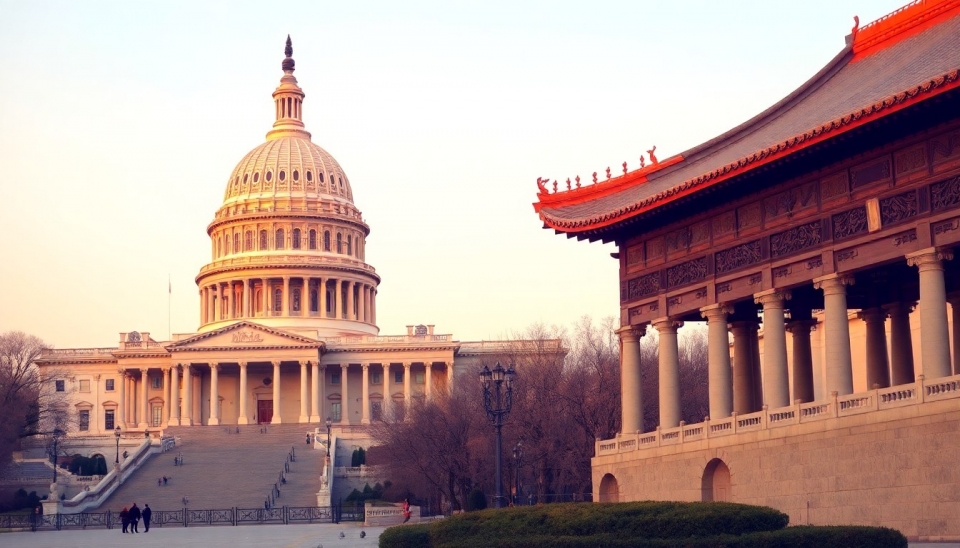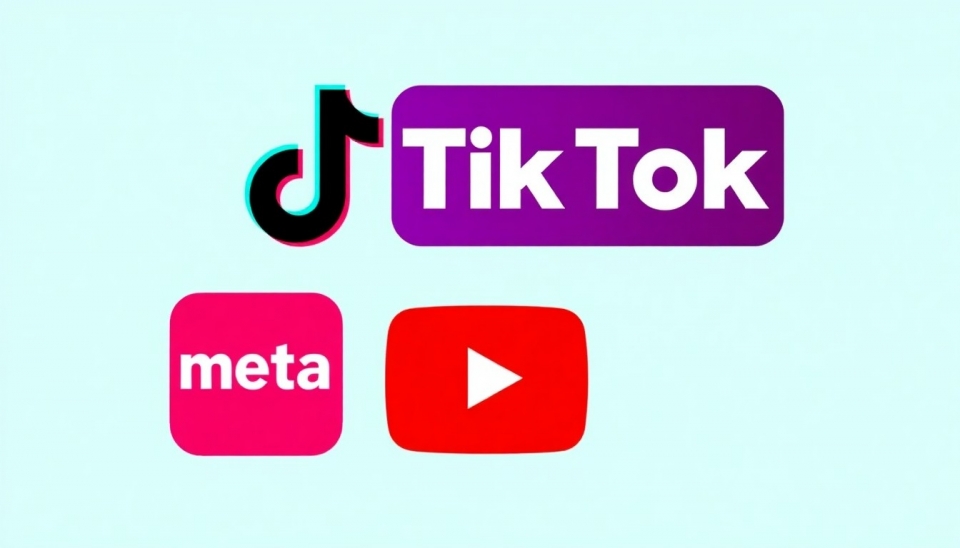
A whistleblower from Meta, the parent company of Facebook, is set to testify in front of Congress, accusing the tech giant of facilitating China's efforts in advancing artificial intelligence technologies. This upcoming testimony has raised significant concerns regarding corporate ethics and the global technological landscape, particularly in relation to national security and the rise of AI in geopolitical competition.
The whistleblower, whose identity is aimed to be kept confidential for their protection, claims that Meta has provided data and resources that could potentially aid Chinese companies in honing their AI capabilities. These allegations come at a time when the U.S. government has been tirelessly working to establish regulations covering AI technologies, especially in light of fierce competition from nations like China.
According to the testimony, Meta has purportedly overlooked warning signs and has not taken adequate precautions to prevent sensitive information from falling into foreign hands. The whistleblower alleges that the company's ambitions to be a leader in AI innovation have overshadowed the potential ethical pitfalls and risks associated with such actions.
The anticipated testimony comes after a series of investigations revealing how major tech companies have provided outsourcing and collaboration opportunities to Chinese firms, thereby inadvertently contributing to their technological advancements. This trend has sparked debates among lawmakers about the balance between corporate profit motives and national security interests.
In recent months, the rivalry between the U.S. and China has intensified, particularly in regards to AI and technology leadership. This testimony may shed light on the complex relationship between tech companies and espionage risks, prompting Congress to consider more stringent regulations on technology exports and collaborations with foreign entities.
As the whistleblower prepares to share their troubling insights, the public and lawmakers alike await the implications this testimony could have on Meta's operations and its role in the larger global AI race.
In response to these allegations, Meta has stated that they are committed to operating within legal frameworks and are dedicated to protecting user data. The company maintains that collaborations with international firms can lead to technological advancements that benefit all parties involved. However, critics argue that such collaborations could compromise the safety and security of sensitive information, further complicating the narrative around tech firms' responsibilities in the modern world.
The implications of this testimony extend beyond just Meta; it also raises questions about the ethical responsibilities of other tech companies operating in a global landscape where competition is fierce and the stakes are high. As Congress prepares to delve into this matter, tech insiders and market analysts are keenly observing the developments, anticipating that the outcome could reshape the strategies employed by companies in the technology sector.
As the nation grapples with the realities of AI and its potential consequences, this whistleblower's revelations could prove to be a pivotal moment in the conversation about national security, corporate accountability, and the future landscape of technology.
#Meta #Whistleblower #AI #Technology #Congress #NationalSecurity #China #DataPrivacy #TechEthics #ArtificialIntelligence
Author: John Miller




